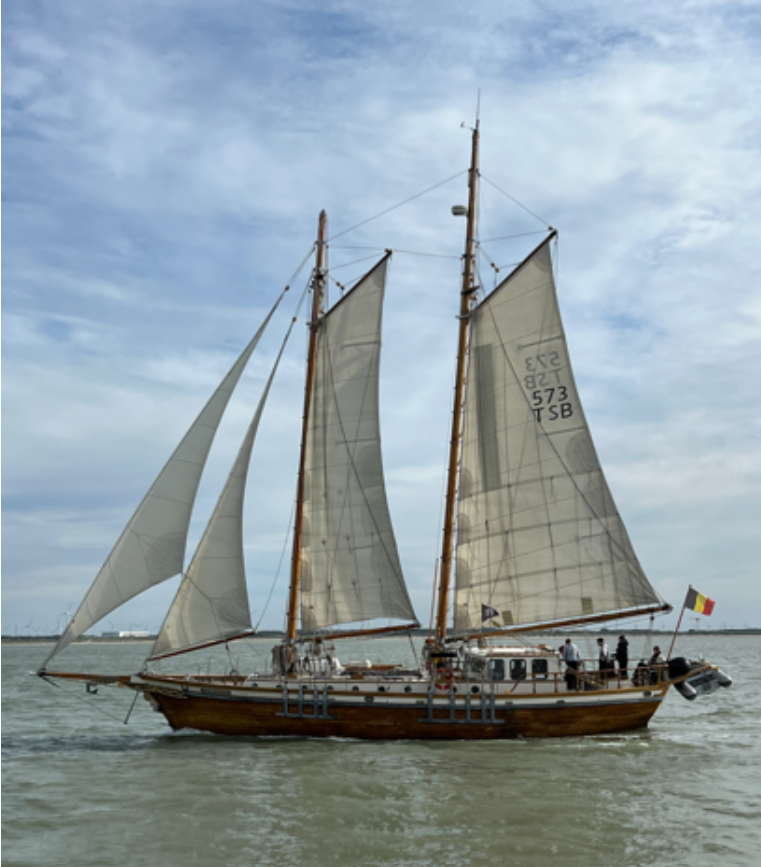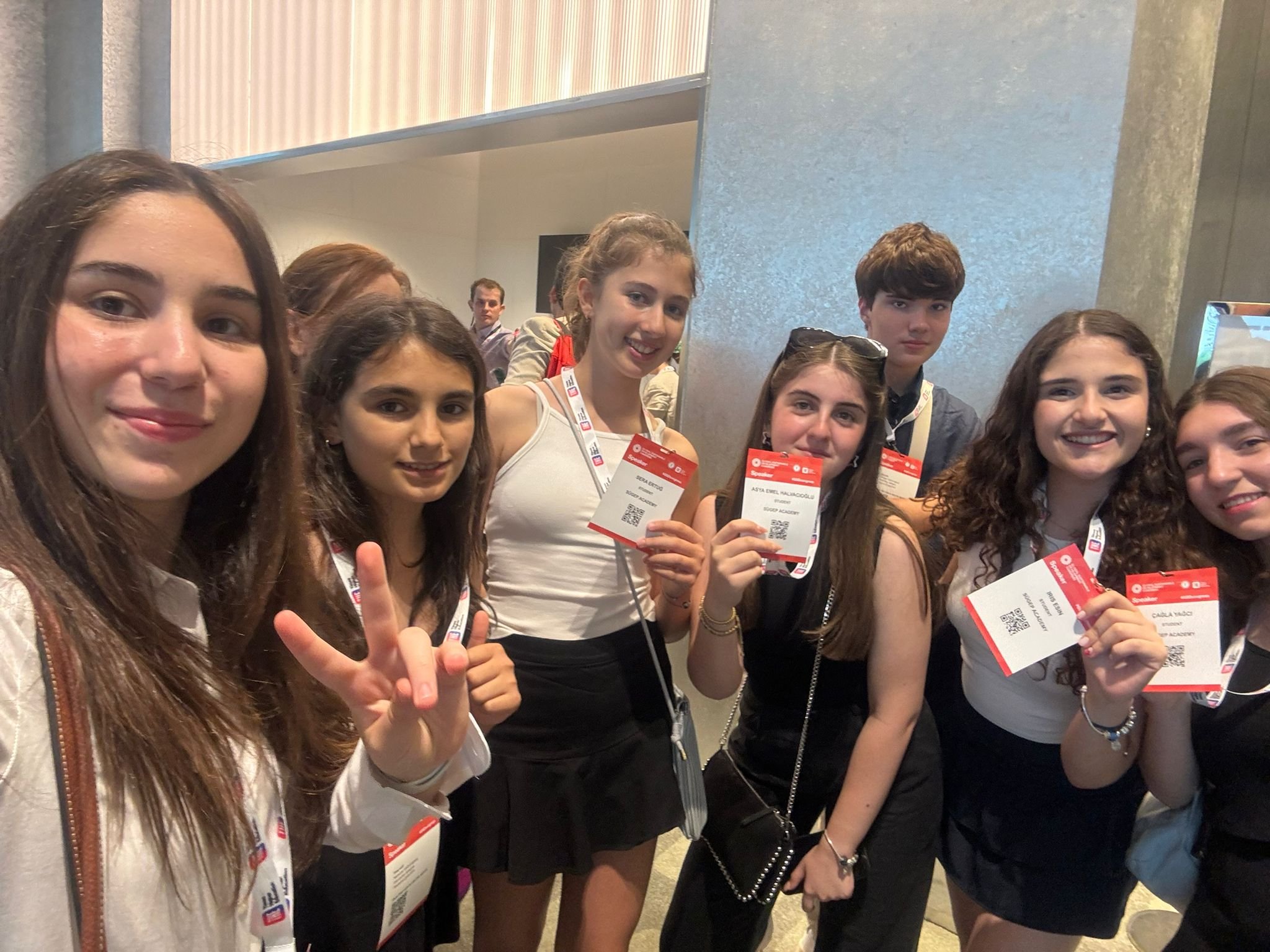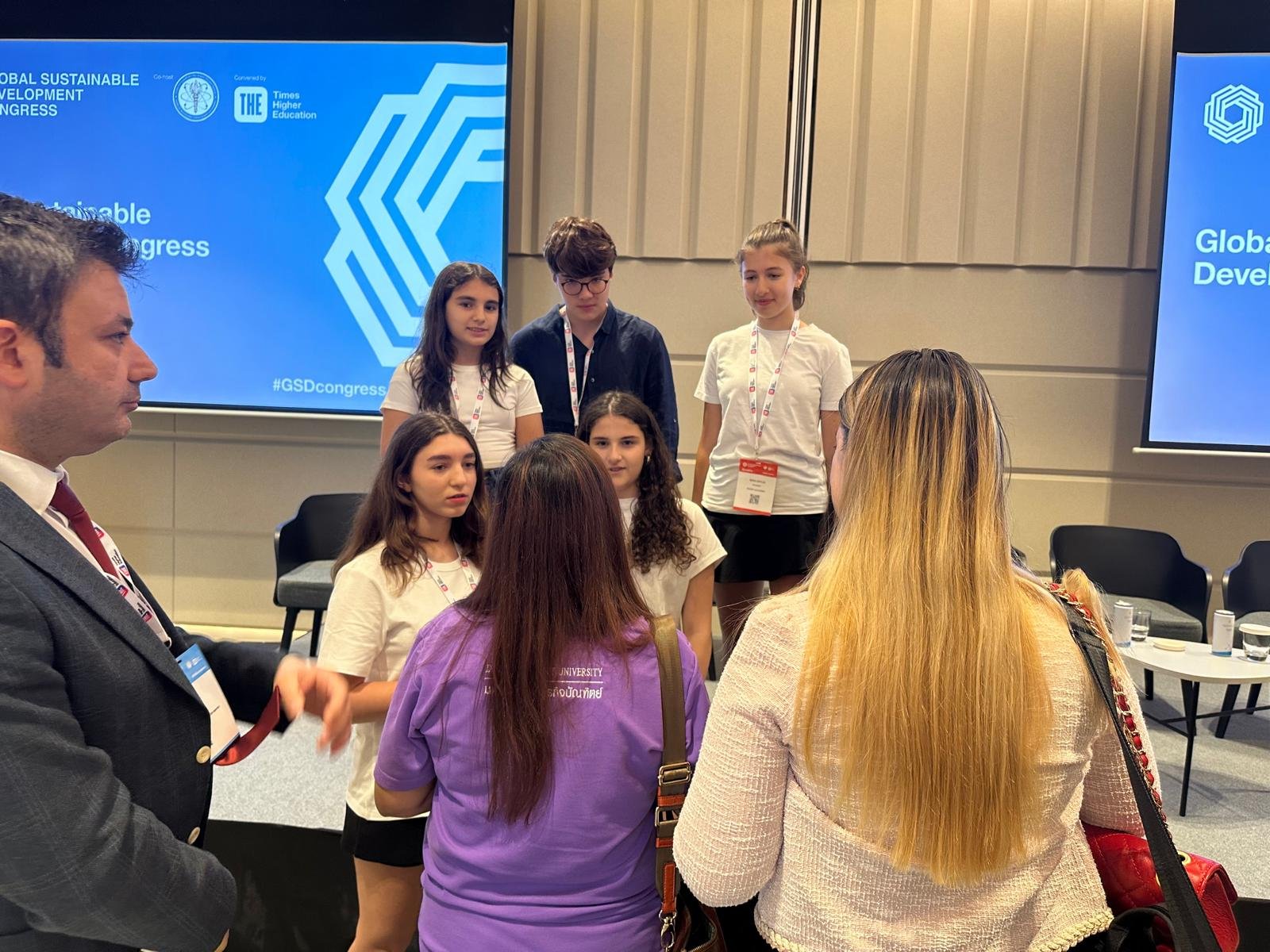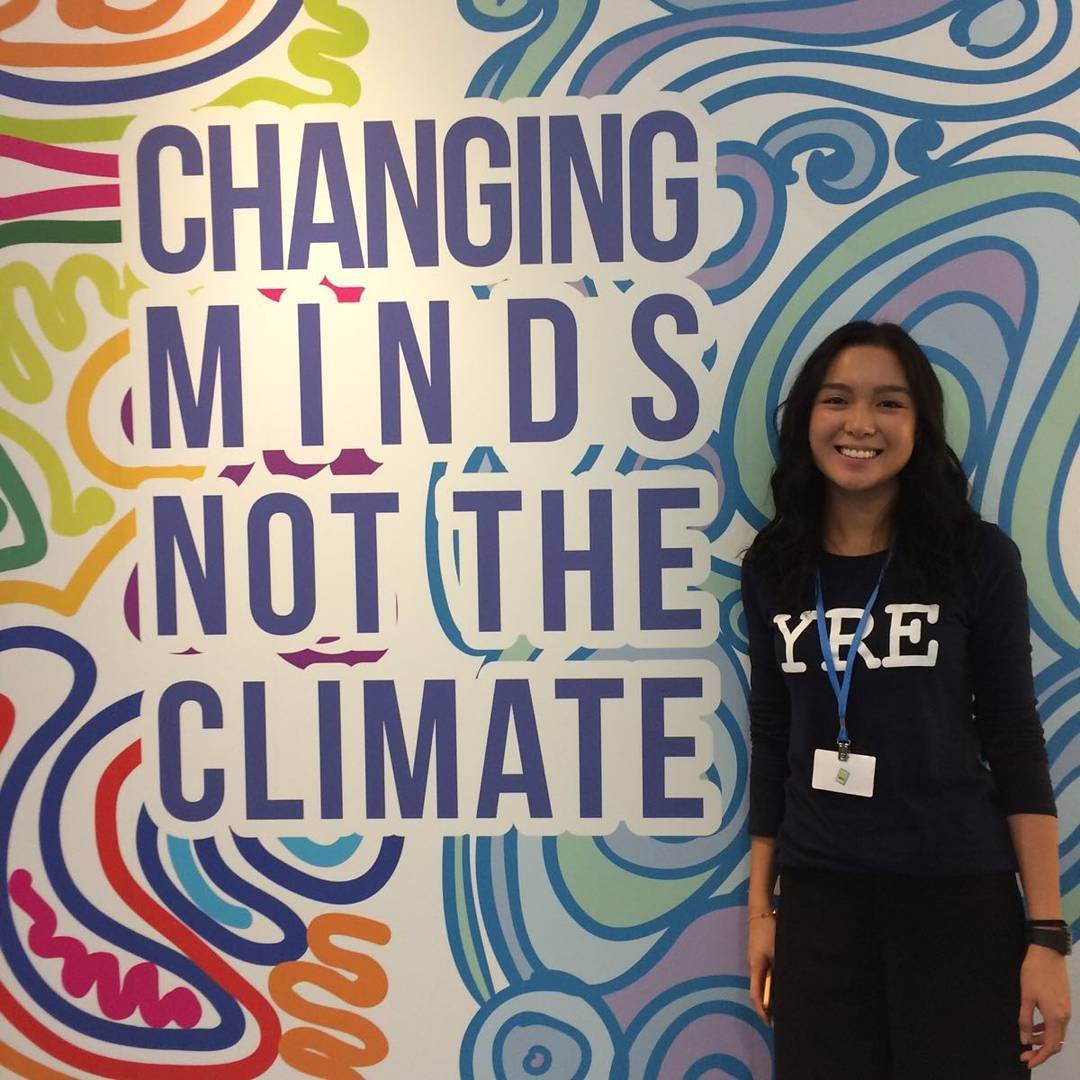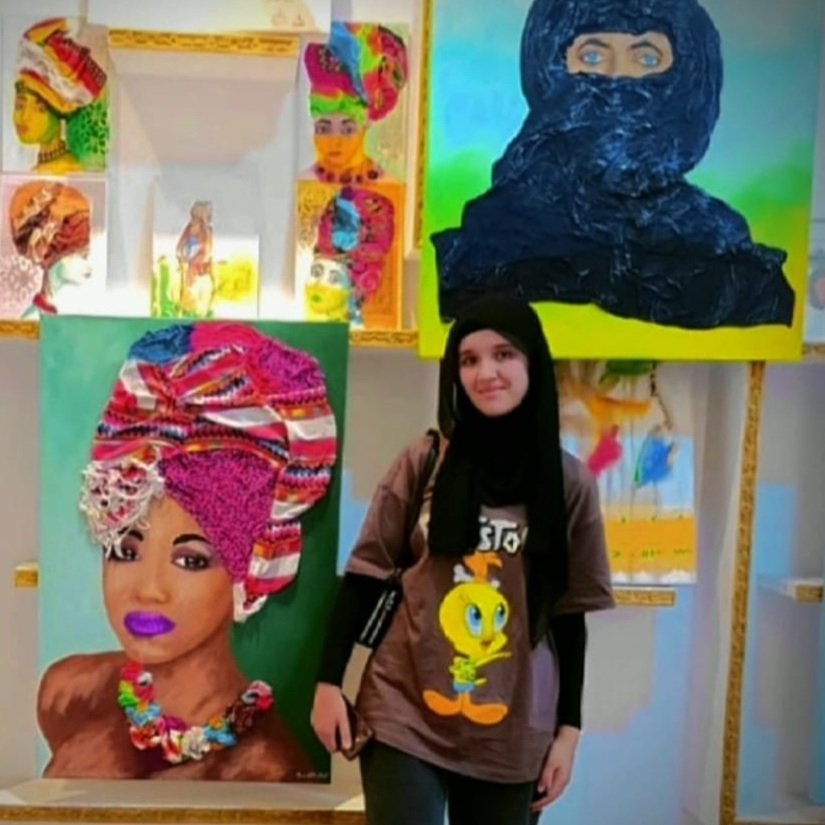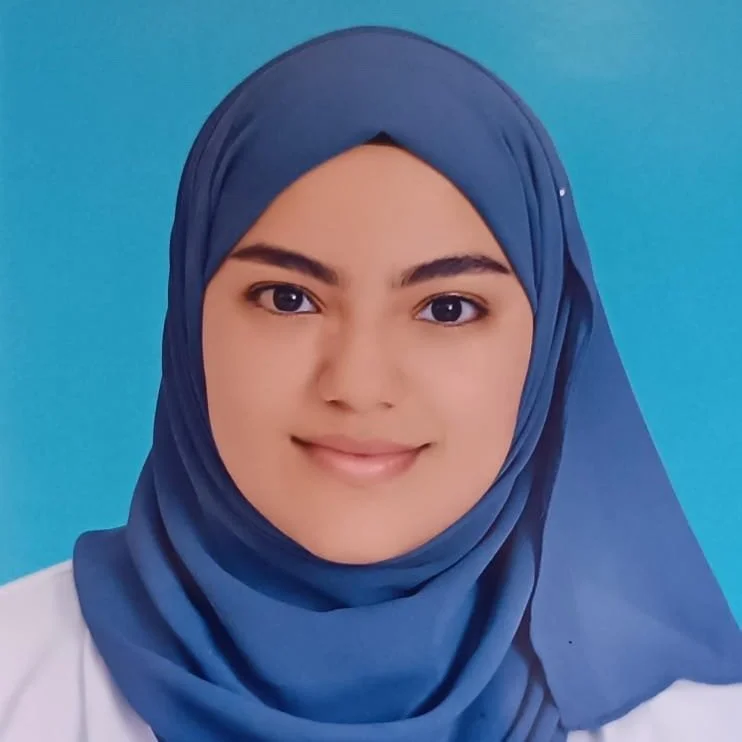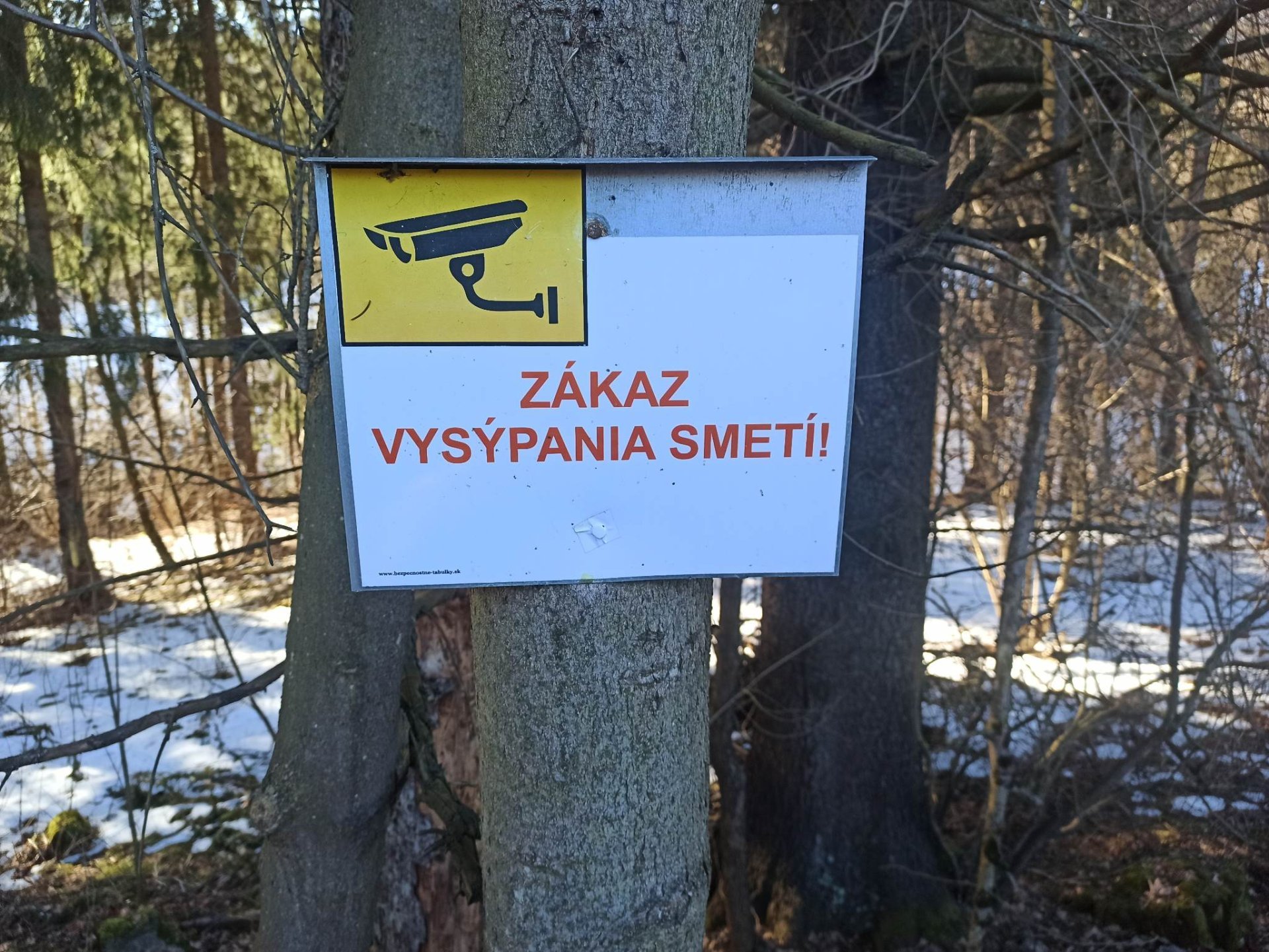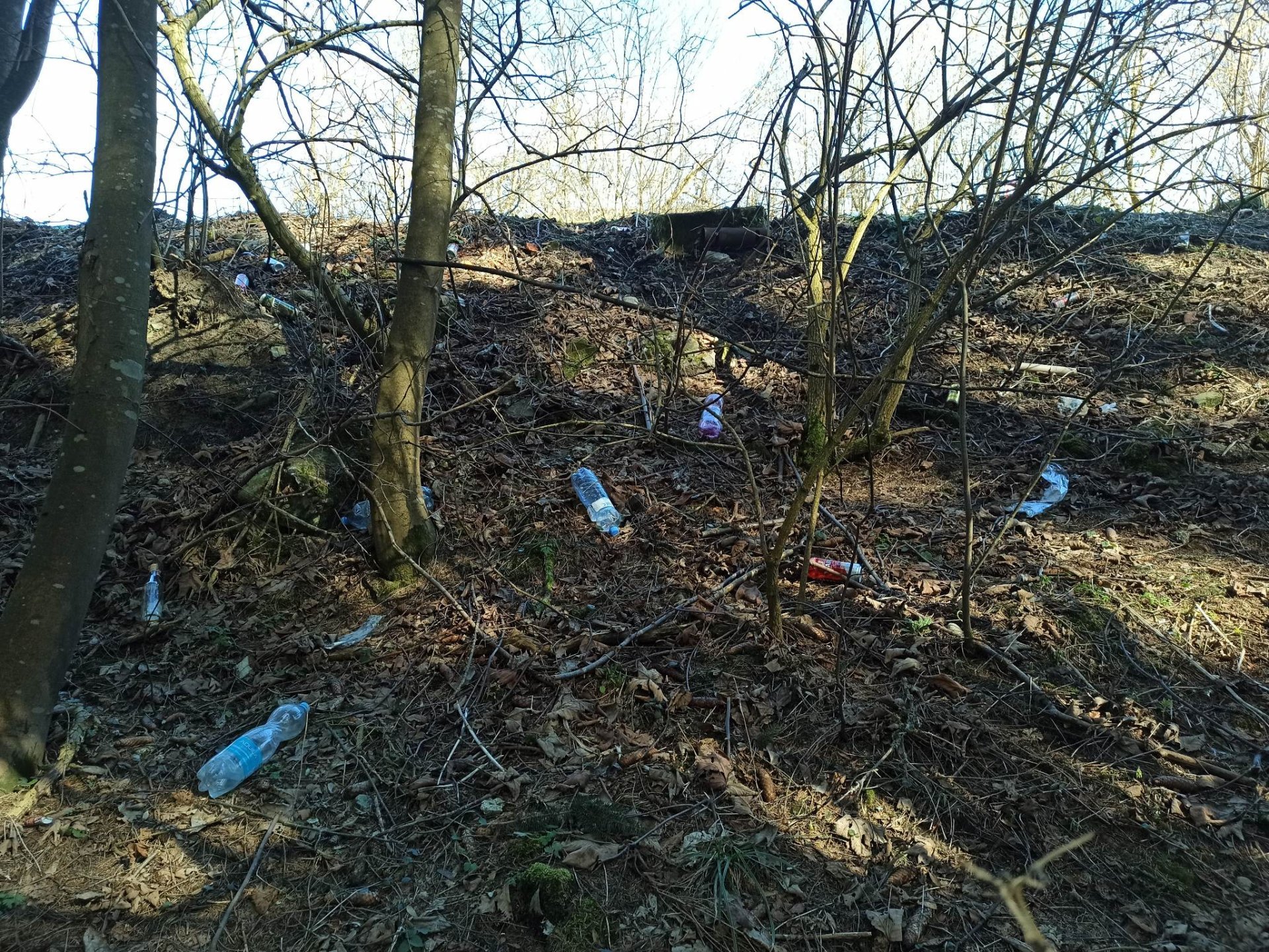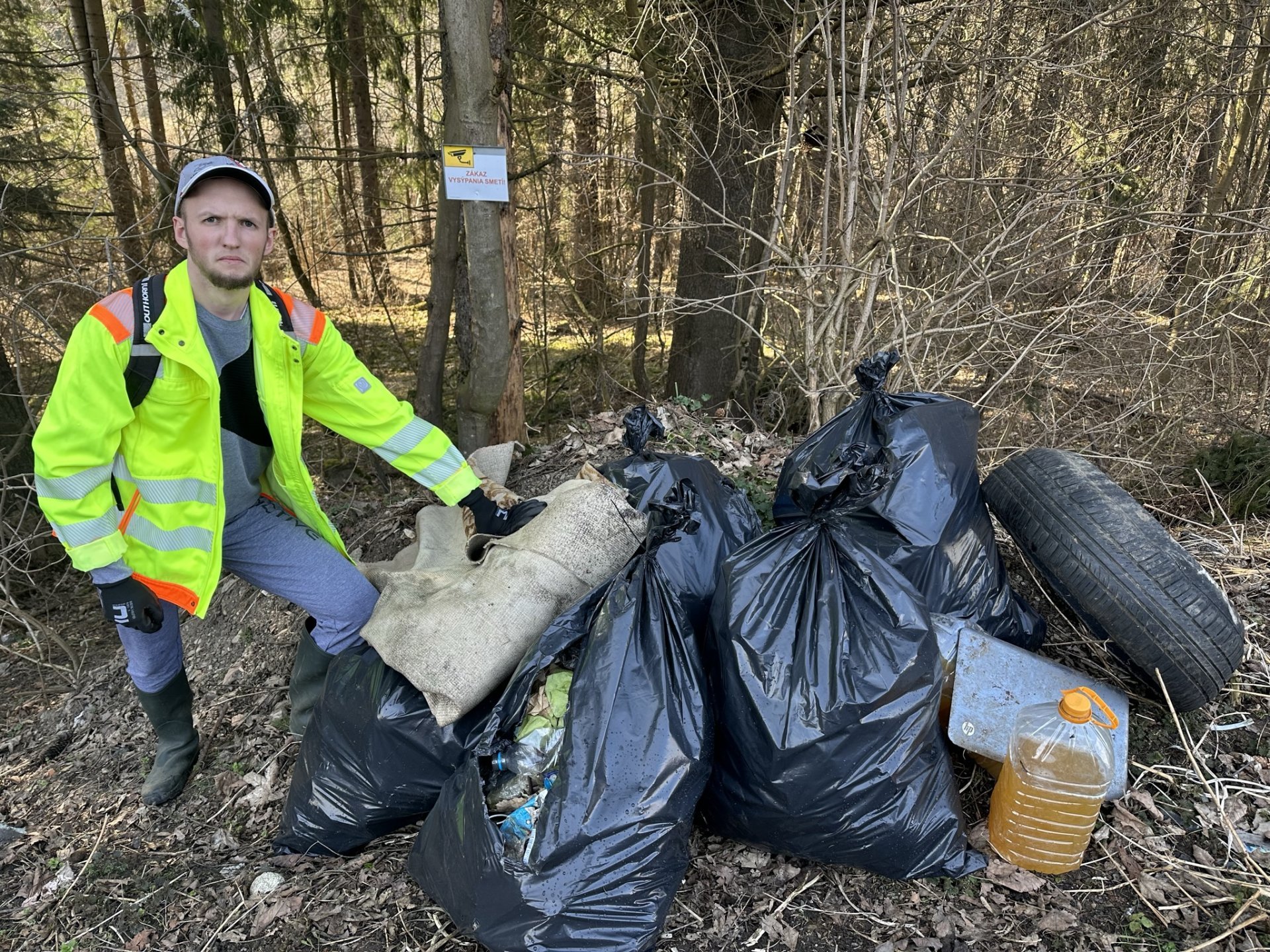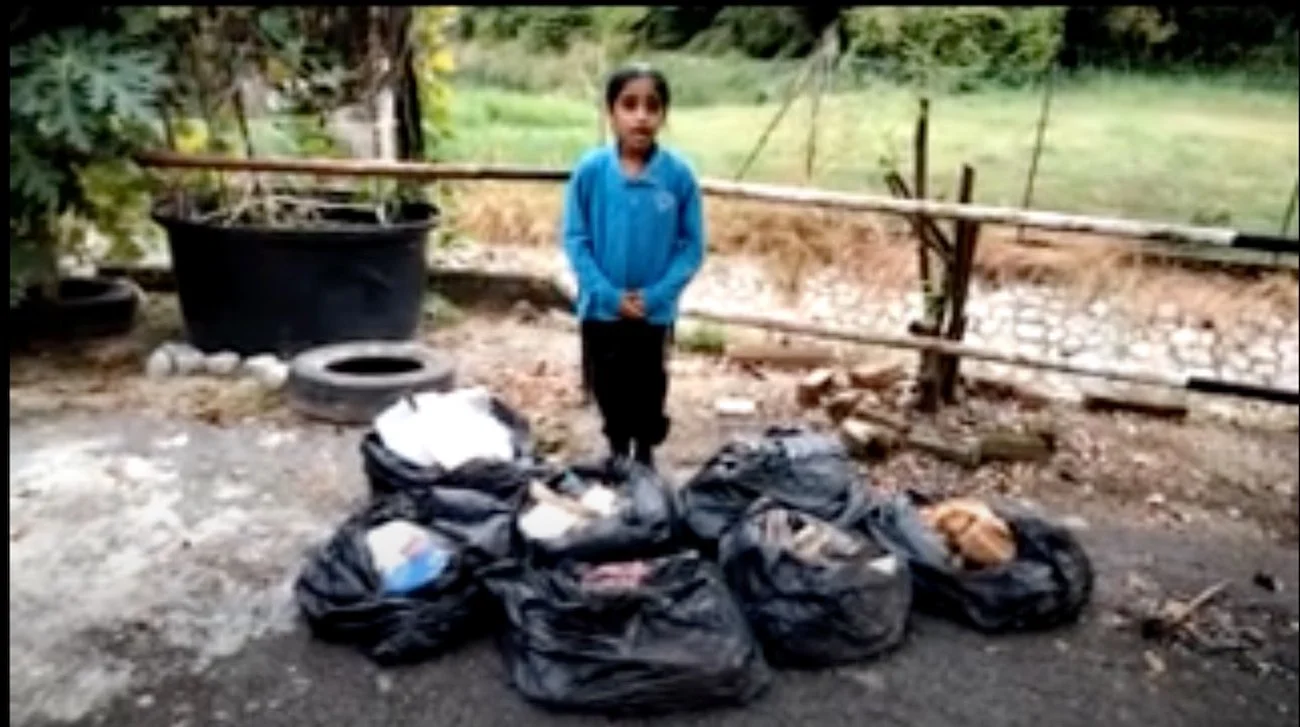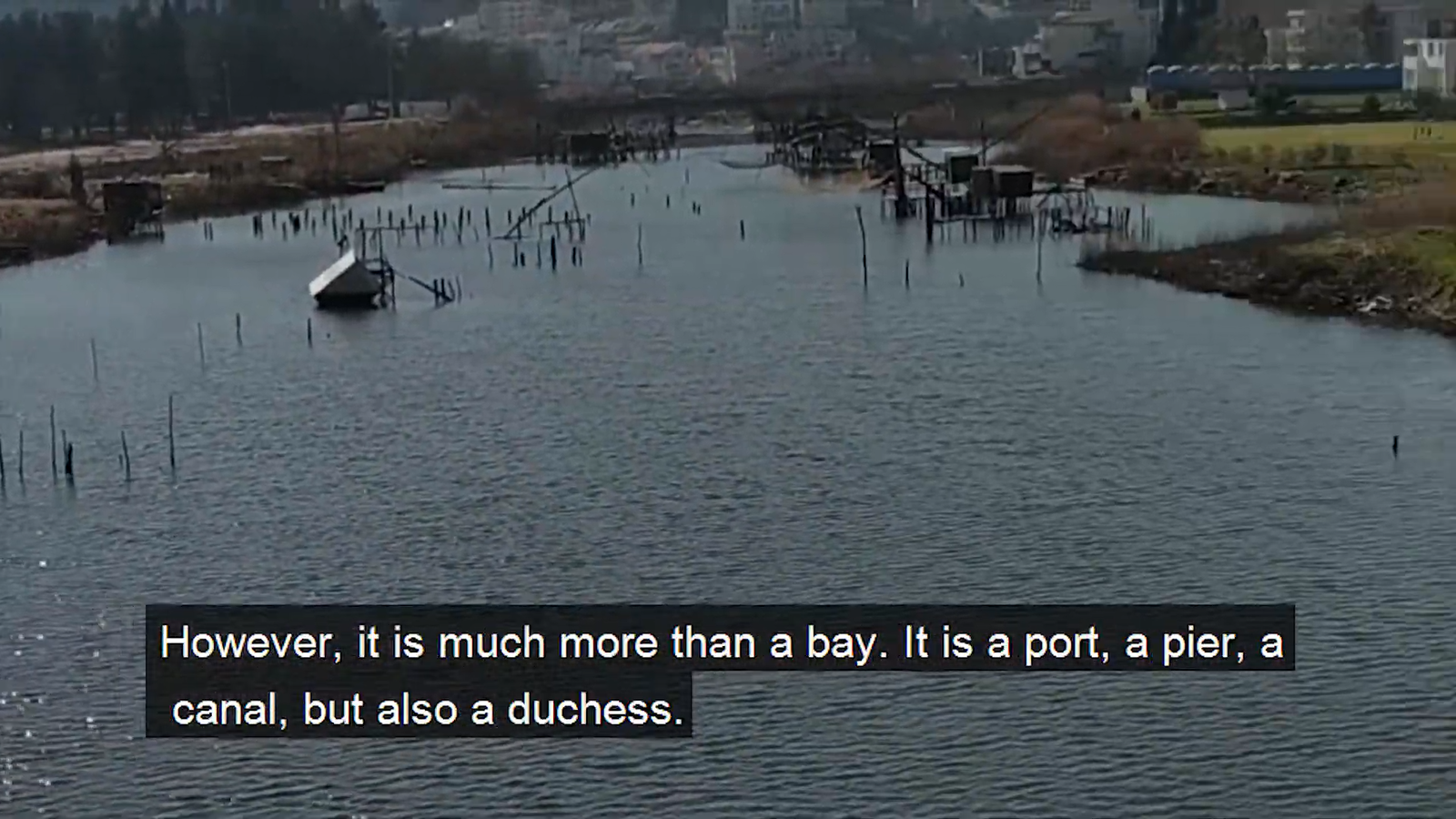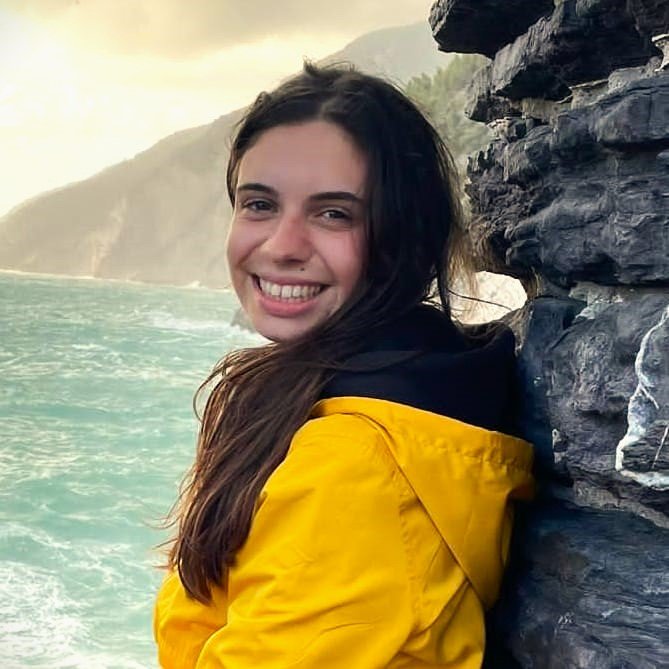Leading with Purpose: Implementing the Young Reporters for the Environment Programme
This course is designed to equip educators with:
Tools and strategies to integrate YRE into their teaching practice.
Methods to guide young people in exploring environmental challenges and identifying actionable solutions.
Opportunities to connect with a global network of educators dedicated to environmental learning.
Read the following reflections by FEE’s Director of Education, Lee Wray-Davies, about the impact and influence of the Young Reporters for the Environment programme
“We all became educators, whether in a classroom, a Scout Group, or a Youth Centre because we believe in the power of young minds and want to help young people grow into confident adults who will succeed in life. The Young Reporters for the Environment (YRE) programme will help you to achieve this goal. Through YRE, you can guide young people in your care to learn critical skills, find their voice, and become the environmental leaders our world needs.
“By guiding them through the four steps of the YRE programme and involving them in YRE activities such as Global Action Days and YRE twinning, you are opening a new door for them that leads to a brighter, greener future beyond their time with you.
Professional development
Introducing YRE into your teaching practice is a great way to update basic skills such as research and use new technologies or platforms that may not be able to easily integrate into your day-to-day delivery of subject content. YRE gives you the chance (and excuse) to explore topics like project-based learning and dissemination techniques, which can refresh your existing lesson plans with minimal effort and time. For example, taking your students out to investigate a local pollution issue can be part of your science or geography curriculum, but also embeds literacy, persuasive writing, creativity and leadership (all rolled into one fieldtrip).
Growing your professional network
The YRE programme connects you to a global community of educators, environmental experts, and professionals who all care as much as you about education and sustainability. Through national and international YRE workshops, webinars, and twinning projects, you can collaborate with teachers worldwide. Sharing lesson plans, exchanging innovative ideas, and even co-creating YRE entries for the international competition. Speaking with educators from around the world not only expands your professional network but can bring new perspectives to your teaching, and enriches your content delivery with diverse, globally inspired cases studies.
Personal development
On a personal level, YRE can be incredibly fulfilling. There is definately something special about helping your students become caring, environmental advocates (why many of us became teachers in the first place!) No matter what your level of ‘environmental expertise’ YRE allows you to align your teaching with your personal values.
YRE is also a chance for you to grow your own knowledge. As you support your students through the YRE steps you will find out more about local environmental topics that may affect you, your family, friends and colleagues. Whether it is learning about produce on a local farmers markets or global climate policies, YRE is a great way to help you feel connected to what’s happening beyond your classroom walls. After all we are always learning!
Student attainment
The impact on your students’ attainment is where YRE really shines. As a tried and tested programme that has been running for 30 years we know that YRE students will develop a huge set of additional skills as they work through the 4-steps: critical thinking, communication, and problem-solving to name a few. When students tackle a YRE project, like reporting on litter in your community, they are not just learning facts, they are applying skills that boost their academic performance across multiple subjects.
For students who do not fit the 'academic' mold, YRE is perfect as it gives them a framework to use their unique strengths, whether they are creative, practical, or vocal the programme can help to introduce them to environmental action. Many may be happy to not work from a textbook or be assessed against formal standard but through YRE are learning how to utilise transferable skills to make the planet a little better. That’s the hidden trick of YRE, it can take students with no interest in ‘eco-matters’ and help them to become confident young people making a difference, often without them even noticing!
Curriculum enhancement
YRE fits seamlessly into ANY scheme of work and helps you meet curriculum standards with purpose. Of course it is a natural match for science, geography, and humanity subject, but you can also embed it into literacy (writing articles), art (creating campaign visuals), or even maths (analysing YRE data). A YRE project on renewable energy, for example could cover multiple subjects, making your teaching more cohesive and engaging, and means you have other teaching colleagues and departments collaborating on one project.
YRE also ties into sustainability goals that are being added into curricula around the globe. By embedding YRE, you are not just ticking a lesson plan box you are making learning meaningful and relatable. Students see how their education connects to the bigger picture, keeping them invested in learning.
Time-saving through student-led learning
YRE is designed to put young people in charge, meaning they manage much of the work, researching, writing, and creating content like articles, videos, or podcasts. YRE is a student-led programme so reduces the time you will need to spend on detailed planning and preparation. Instead, you can shift your focus to mentoring and helping, guiding your students as they take ownership of their YRE projects. It is an efficient way to deliver impactful learning experiences while not adding to your workload (and gives your students the chance to shine).
Embracing new technology and AI
The YRE International Competition encourages the use of tools like AI and digital media, aligning with its criteria to reward digital innovation in the appropriate format. Whether your students use AI to analyse their environmental data or produce short form videos, this will help you to also stay ahead of rapidly changing educational technologies. Integrating these tools into your teaching will not only keep your skills current but also equips your students with positive digital competencies essential in their future careers.
Use YRE as an opportunity to embrace tech trends and do not be afraid to allow your YRE student to teach you about the newest apps or podcasting terminology.
Community engagement
A big part of YRE is implementing your students environmental solutions, or at the very least spreading awareness of them, therefore making it a great whole school community project. YRE work will often involve speaking with local organisations, charities, and local leaders, so gives your students real-world communication experiences. YRE will give your students a platform to have a voice, present their findings to local stakeholders and take pride in what they have achieved.
As a teacher YRE is also a great opportunity to initiate partnerships and raise your school’s profile in the local community. These collaborations can bring in resources like guest speakers or field trips, and again when your YRE efforts get noticed, through local media or environmental awards. Senior leadership will find this irresistible!
Winning or even taking part in the YRE International Competition can lead to awards, media coverage, and widespread recognition for your students. As their guide, you and your school will share in this recognition. This visibility enhances your school’s reputation, boosts your professional profile, and can open doors to many new opportunities.
YRE is a recognised practice for ‘Greening Communities’ in the UNESCO Greening Education
Educator well-being
Finally, but most importantly YRE can lift your personal well-being as an educator. Teaching can be hard, but working on something meaningful, like shaping environmental leaders can reignite that sense of purpose for why you wanted to become a teacher in the first place. Seeing your students get excited about their YRE projects will definately remind you why you do this job and is a great antidote to teacher burnout.
Remember when your teaching feels relevant and tied to your values, it is much easier to stay motivated. YRE will bring a fresh energy to your classroom delivery, making your days more enjoyable(ish) and your career more sustainable.
Lee Wray-Davies
FEE Director for Education, with over 25 years teaching experience






